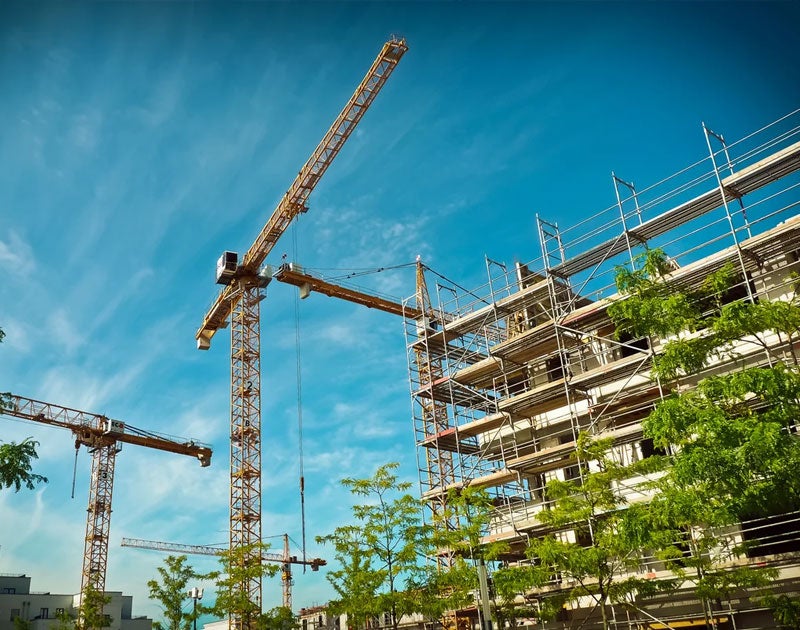Pre-sales refer to the practice of purchasing a condominium, townhome or single family home before it is fully constructed. This means buyers commit to buying a unit based on architectural plans, renderings, and model suites rather than a finished product. This approach offers several benefits, such as potential price appreciation and the chance to customize your unit's finishes and layout. However, it also comes with its unique set of challenges and risks.
Vancouver's real estate market is renowned for its high demand and competitive nature. Pre-sales offer a way to secure a property at today’s prices, which can be particularly advantageous in a rapidly appreciating market. Buyers also get the first pick of units and can often select from the best floor plans and views.
Pre-sale condos typically come with the opportunity to choose from a range of finishes and upgrades, allowing buyers to personalize their new home. These condos are often part of developments with modern amenities such as gyms, pools, communal gardens, and more, adding significant value to the investment.


